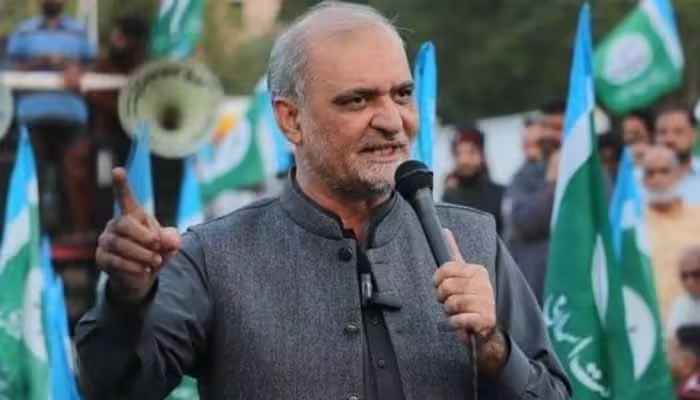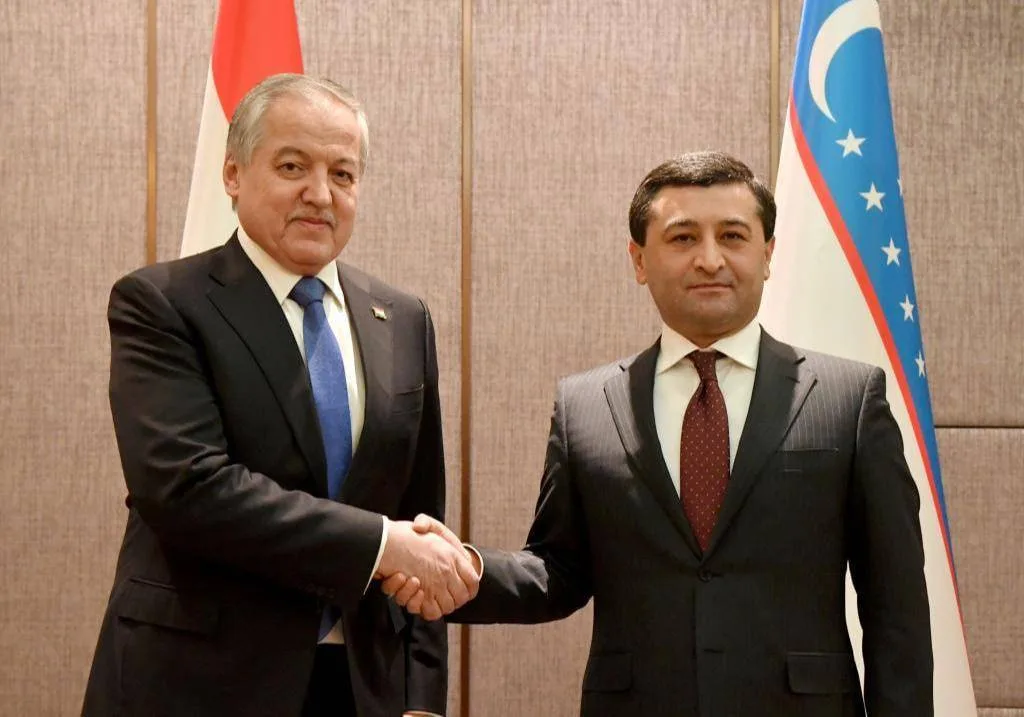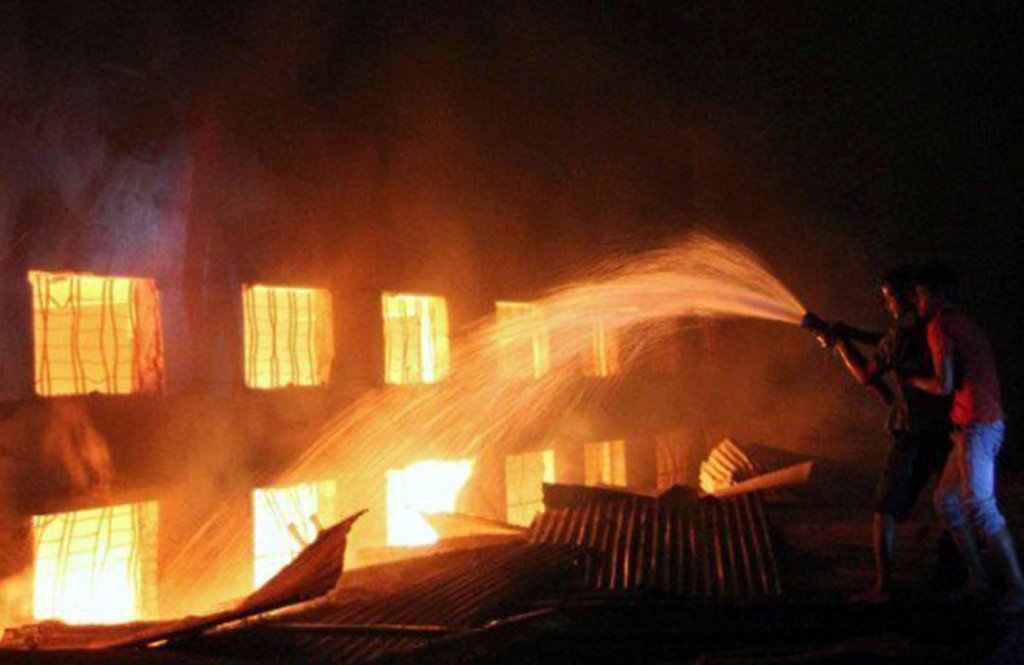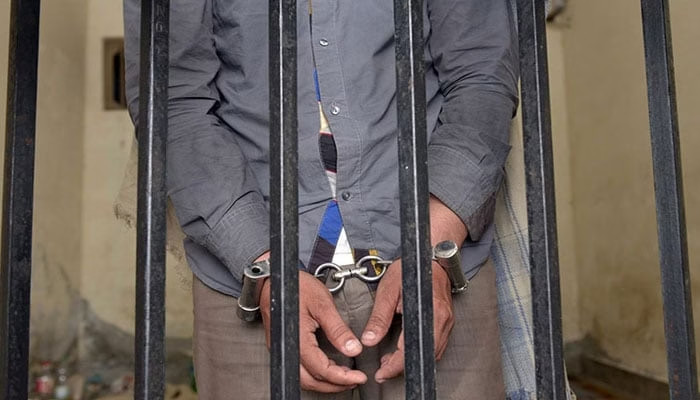Amir Jamaat-e-Islami Hafiz Naeem-ur-Rehman has officially announced a dharna (sit-in) in Islamabad scheduled for July 12, highlighting a significant step towards demanding relief for the nation amidst escalating economic pressures.
During a press conference held at Mansoora in Lahore, Hafiz Naeem addressed the media, emphasizing the urgency of the situation. He called on Prime Minister Shahbaz Sharif to provide substantial relief to the nation before it reaches a point of no return. The announcement of the dharna is rooted in a broader appeal to alleviate the mounting hardships faced by the populace due to the continuous rise in essential commodity prices.
Hafiz Naeem outlined that the primary objective of the Islamabad sit-in is to secure relief for the people. He stressed that the sit-in is not intended to incite anarchy or create a state of encirclement. Instead, the protest aims to draw attention to the pressing needs of the citizens and compel the government to take concrete actions to address their grievances. The leader assured that Jamaat-e-Islami has prepared alternative plans (Plan B and C) to ensure the movement remains peaceful and effective.
A notable aspect of Hafiz Naeem’s address was his emphasis on the non-partisan nature of the dharna. He stated that Jamaat-e-Islami is uniting with the people rather than aligning with any specific political party. This approach aims to foster a sense of collective action and solidarity among the citizens, transcending political affiliations to focus on common national interests.
Hafiz Naeem-ur-Rehman highlighted the growing economic challenges, pointing out that despite claims, the International Monetary Fund (IMF) has not agreed to terms that would alleviate the financial burden on the country. Consequently, the prices of essential utilities such as gas, electricity, and petrol have surged, exacerbating the economic strain on ordinary citizens. He warned that if unchecked, this trend of price hikes would continue unabated, further deepening the economic crisis.
The Amir emphasized the patriotic aspect of their movement, asserting that the country belongs to its people, including the military and the bureaucracy. He clarified that their aim is not to provoke a confrontation but to reclaim the rightful entitlements of the people. Hafiz Naeem called for the cooperation of all institutions, whether based in Islamabad or Rawalpindi, to work together in addressing the nation’s challenges and ensuring the well-being of its citizens.
Hafiz Naeem-ur-Rehman’s call for the dharna comes at a time when Pakistan is grappling with multiple economic challenges. The continuous rise in utility prices and the impact of global economic dynamics have placed a significant burden on the average citizen. The dharna represents a critical juncture where the voice of the people is poised to resonate through a collective action aimed at securing tangible relief.
In preparation for the sit-in, Jamaat-e-Islami is likely to engage in extensive mobilization efforts to ensure broad-based participation from various segments of society. The peaceful nature of the protest, as emphasized by Hafiz Naeem, aims to attract widespread support and highlight the legitimacy of their demands.
The scheduled dharna on July 12 is set to be a defining moment in Pakistan’s socio-political landscape. It underscores the growing discontent among the populace and the urgent need for responsive governance that addresses the economic realities faced by the citizens. The outcomes of this protest will be closely watched, not just by political analysts but by ordinary citizens who seek a reprieve from the relentless economic pressures.
Hafiz Naeem-ur-Rehman’s announcement of the Islamabad dharna marks a pivotal initiative aimed at securing national relief. By prioritizing the needs of the people and fostering a non-partisan approach, Jamaat-e-Islami seeks to catalyze a movement that compels the government to address the pressing economic challenges. The success of this endeavor will hinge on the collective will of the participants and the responsiveness of the governing institutions in charting a path towards economic stability and social welfare.



